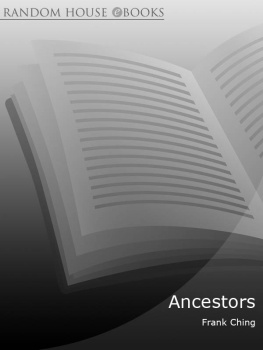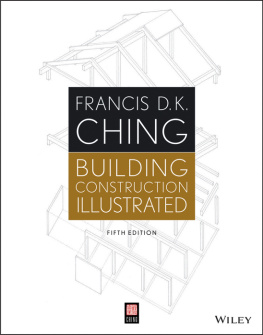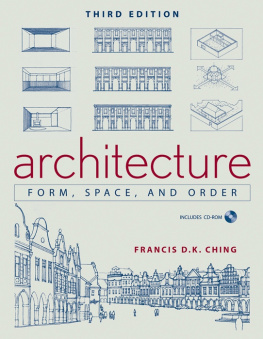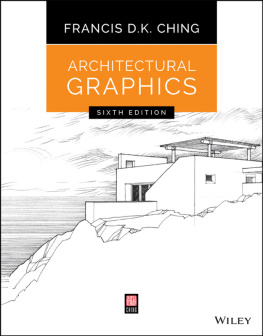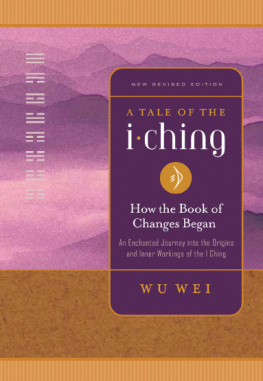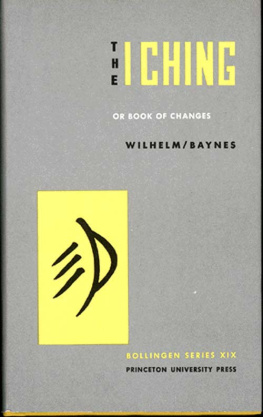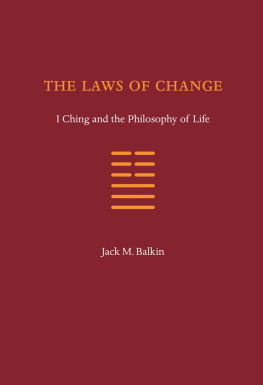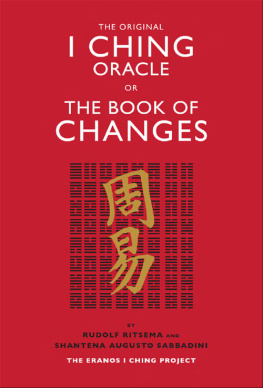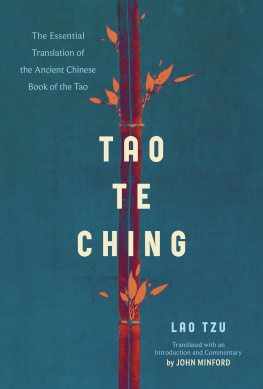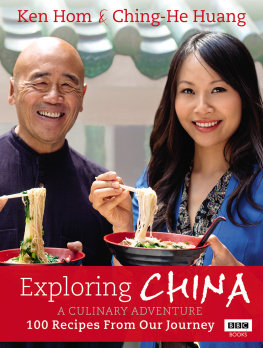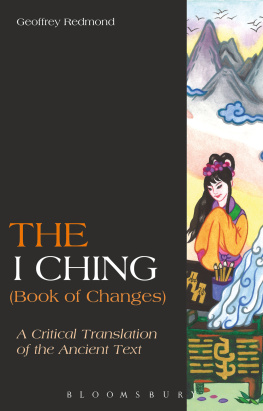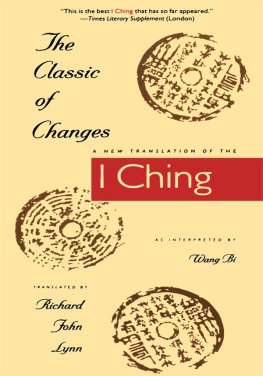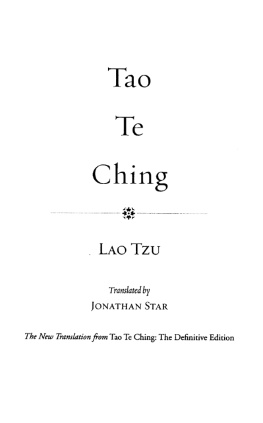ANCESTORS
The story of China told through the
lives of an extraordinary family
Frank Ching
This ebook is copyright material and must not be copied, reproduced, transferred, distributed, leased, licensed or publicly performed or used in any way except as specifically permitted in writing by the publishers, as allowed under the terms and conditions under which it was purchased or as strictly permitted by applicable copyright law. Any unauthorised distribution or use of this text may be a direct infringement of the authors and publishers rights and those responsible may be liable in law accordingly.
Version 1.0
Epub ISBN 9781407029986
www.randomhouse.co.uk
1 3 5 7 9 10 8 6 4 2
This updated and revised edition published in 2009 by Rider,
an imprint of Ebury Publishing
A Random House Group Company
First published in Great Britain in 1988 by Harrap Limited
Copyright Frank Ching 1988, 2009
Frank Ching has asserted his right to be identified as the author of this Work in accordance with the Copyright, Designs and Patents Act 1988
All rights reserved. No part of this publication may be reproduced, stored in a retrieval system, or transmitted in any form or by any means, electronic, mechanical, photocopying, recording or otherwise, without the prior permission of the copyright owner
The Random House Group Limited Reg. No. 954009
Addresses for companies within the Random House Group can be found at www.rbooks.co.uk
A CIP catalogue record for this book is available from the British Library
ISBN 9781846041778
To buy books by your favourite authors and register for offers visit www.rbooks.co.uk
Excerpts from James J. Y. Lin, Major Lyricists of the Northern Song: AD 960-1126, copyright 1974 by Princeton University Press, are reprinted with permission of Princeton University Press
Contents
This book is dedicated to my mother
About the Author
Frank Ching was born on December 13, 1940, in Hong Kong, where his parents had sought refuge from the Japanese invaders of China. When, a year later, in the aftermath of the attack on Pearl Harbor, the Japanese also attacked Hong Kong, his family returned to Shanghai, where he remained until he was five years old. After the Second World War, the civil strife in China forced the Chings once again into exile in Hong Kong, and the Communist victory in 1949 foreclosed any possibility of an early return to their homeland.
Educated first by Italian nuns and Irish Catholic missionaries, Ching later graduated from Fordham University and attended Columbia, where he was a Ford Foundation Fellow and qualified in Advanced International Reporting. In the late 1960s and early 1970s he served as the China Area Specialist for the New York Times. In 1979, the Wall Street Journal sent him to Beijing to open its bureau there. Later, after nine years on the Far Eastern Economic Review, he moved to the South China Morning Post as Senior Columnist. He hosted the weekly current affairs TV program Newsline on the World channel of Asia Television for twelve years. He now lives in Hong Kong.
By the same author:
China: The Truth About its Human Rights Record
The Li Dynasty: Hong Kong Aristocrats
Hong Kong and China: For Better or For Worse
Hong Kong and Taiwan: What Role for the U.S.?
China in Transition: Towards the New Millennium
The New York Times Report from Red China
PREFACE
Looking Back
I have always been a journalist. It is a vocation that has taken me to many places, introduced me to many extraordinary people and even afforded me the opportunity to discover my ancestors. In 1979, when China and the United States normalized diplomatic relations, I became one of the first American journalists to be based in China since 1949. During the years that I spent in Beijing I became deeply interested in my family history.
Traditionally, the Chinese have revered their ancestors; however, during the Cultural Revolution of 1966 to 1976, there arose the cry of Down with the Four Oldsmeaning Old Customs, Old Culture, Old Habits and Old Ideas. Mao Zedong believed that feudalism was holding China back and that there had to be destruction of the old before there could be construction of the new. For ten chaotic years, children were encouraged to denounce their parents and students their teachers.
However, by 1979 the Cultural Revolution was officially over, having ended triumphantly with Maos death three years earlier. During my years in China, the country went through a period of wrenching change. The Cultural Revolution was repudiated, as were many of Maos ideas, though the Communist Party ended up by saying that Maos achievements outweighed his mistakes, grievous though they were. Gradually, purged officials were rehabilitated, as were traditional concepts such as filial piety.
Chinese officials who knew about my search for relatives were very understanding. In fact, they assigned someone from the Chinese Peoples Association for Friendship with Foreign Countries to help me. It was from him that I learned the details of the death of my second brother, an underground Communist party member who died fighting the Japanese. And it was from him that I learned about my two living half-brothers, both of whom were in prison camps, one for being a rightist and other a counter-revolutionary. Not long afterwards, both were released and allowed to return to Shanghai.
The opening up of China sparked Western interest in the country. When I was asked if I would be interested in writing a book on China, my response was a definite, Yes. But I did not want to write another journalistic account. Instead, using my own family as a vehicle, I decided I would tell the story of China for the last 900 years, going back to a Song dynasty poet, Qin Guan, from whom we trace our descent. While China of course has changed over the years, the individuals I portrayed reflected the values of Chinese society in days gone by and, to a large extent, Chinas present is a reflection of its past. The fruit of my labor was Ancestors.
Ancestors first appeared in the United States and Britain in 1988, ten years after party leader Deng Xiaopings decision to focus Chinas energy on economic development, reversing Mao Zedongs policy of advocating world revolution and class struggle. Dengs decision transformed the Chinese landscape. Peasants were allowed to decide for themselves what crops to plant, while in the cities new buildings sprang skyward. Living standards soared, as did peoples expectations. However, by 1988 the introduction of a market economy had led not only to rapid economic development, but to a widening gap between rich and poor, and to serious corruption. The death on April 15, 1989 of former Communist Party General Secretary Hu Yaobang precipitated mass demonstrations by students in Tiananmen Square, ostensibly to mourn his demise but actually to protest against the Communist Party.
As it happened, I was approached in late 1988 by Aubrey Singer, a well-known television and film producer, and his colleague, Stephen Hearst, who were interested in producing a television documentary based on Ancestors. By April 1989, they had submitted a proposal to Channel Four, which agreed to pay for a development budget, and on May 18 I flew to London to consult with Singer and Hearst.
By this time, the massive protests in Tiananmen Square had escalated and, by the time Soviet President Mikhail Gorbachev arrived on May 15 for a landmark summit meeting to mark the beginning of rapprochement between the Soviet Union and China, the Chinese Government had lost control of central Beijing. Instead of holding a formal welcoming ceremony for him in the square, as was the custom, it had to do so at the airport. Moreover, the leadership was divided. On May 19, Zhao Ziyang, who had succeeded Hu as party leader, went to the square and urged the students to end their hunger strike. No one knew it then, but this would be Zhaos last public appearance. He was subsequently put under house arrest and held until his death in 2005.

